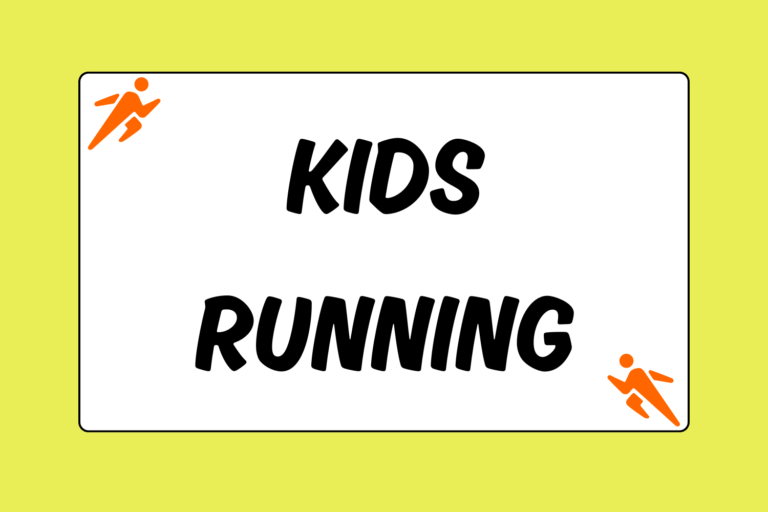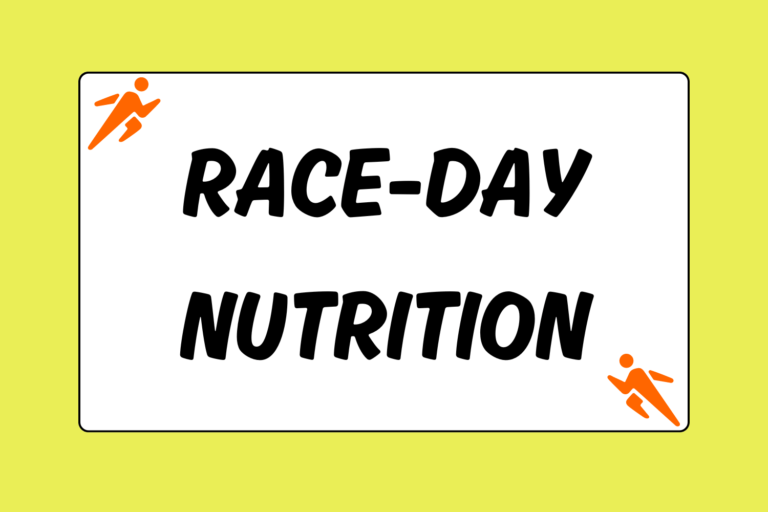There is health care, religion, immigration reform … and then there’s the mp3 player. Few debates in the running world are as heated as the argument over whether or not it’s ok to listen to music while you work out: Pro-mp3 runners push the distraction, fun, and motivation of good tunes; the other side maintains that using headphones is a departure from nature, athletic awareness, and is simply the stuff of joggers.
Both sides make valid points, but recent studies have shown evidence of enhanced performance in those who listen to music during difficult training. So if you do enjoy wearing headphones, it appears you’ve got some support to bolster your case.
Below are two of the most recent, comprehensive studies that tested the effects of music on athletic performance. Regardless of your stance on mp3 players, the studies provide interesting insight into the mind-body connection and how it relates to endurance sports.
Study 1
This study was completed in 2002 at Hampden-Sydney College (Virginia). It analyzed the rate of perceived exertion (RPE) and the recovery rate of cyclists who listened to music versus those who trained in silence. It tested both the effect of music on workout performance and the impact sound might have on the recovery period between reps.
General Findings
Through a series of controlled tests, using 12 male college students who rode an exercise bike for 10-minute stints with five-minute recoveries, the study confirmed what so many avid iPod users claim: Listening to your favorite music does actually help you push harder during workouts. And not by an insignificant amount, either – the men who listened to music while biking rode an average of 11-percent farther than those who pedaled in silence or with a static background noise.
Recovery and Heart Rates
However, there was no statistical difference in their recovery rate. The men’s heart rates returned to normal in the same amount of time, regardless of having music, silence, or static during the rest period.
It is also interesting to note that while the music-listeners rode 11-percent farther, there was no difference in the heart rates of the three groups before, during, or after the ride.
Time to update that playlist!
Study 2
This study (1988-2008) was completed by Dr. Costas Karageorghis of Brunel University (West London, England). He organized a series of tests to study the effect that different kinds of music can have on exercise performance.
General Findings
Over the course of the 20-year study, the scientists at Brunel University consistently observed the positive effects of music and documented up to a 15-percent performance gain based solely on listening to the right song during the workout.
They found that music actually affects the amount of blood flowing to the brain. Depending on the song, circulation can either increase or decrease, therefore acting directly as a stimulant or sedative. This helps a person divert attention away from feelings of fatigue during sub-maximal repetitive exercise like long-distance running (vs. sprinting or max weight lifting).
Synchronous Music
The study also showed a relationship between the beat of the music and the athletes’ rate of perceived exertion (RPE). The more the rhythm of the song correlated to the tempo of the specific activity, the better the athletes performed. The beat appeared to naturally regulate the athetes’ movement and foot strike, which in turn, decreased their level of perceived effort. In some cases, this synchoronous music caused an actual reduction in the oxygen required during exercise.
So by just listening to the right song, you use less energy for the same amount of running.
What Songs are Best?
So will listening to “Tears in Heaven” by Eric Clapton have the same effect as “Pump It” by the Black Eyed Peas? According to Dr. Karageorghis, no. He found that the effectiveness of the song depends on four different factors:
1. Rhythmic Response: Human beings have an innate tendency to react to rhythm (which is why your foot naturally starts tapping when a song comes on). So when you hear a good beat while running, there is a good chance your body will just naturally respond.
2. Musicality: Certain combinations of chords and instruments can make us happier or more melancholy and therefore have an impact on our performance.
3. Cultural Impact: Social and cultural upbringing will influence a listener’s response to music. Their previous exposure to the song also impacts its effect, which is why someone might be inspired by say, John Denver’s “Rocky Mountain High,” while the same tune makes others too relaxed (or hit the skip button).
4. Association Factor: We associate songs with personal experiences and process the music in that context. That’s why the song “Eye of the Tiger” is so popular, as it makes us think of Rocky Balboa running up the steps to prepare for his fight. Or “Born to Run” by Bruce Springsteen. It’s not so much the music itself (the harmony or melody), but the subject matter surrounding the song that can motivate the listener.
Why Music Helps Running
Most researchers agree that benefit of music is psychophysical – meaning it influences both the mind and the body.
First, music helps people relax, which may enable them to perform better. This is especially true in endurance events, when a relaxed mind means a lower heart rate, which would in turn, lowers your RPE. Most of the participants of the studies also chose upbeat music, which improved their mood and general emotional outlook—and who doesn’t run faster with a positive attitude?
Music also, as stated above, can act as a stimulant or sedative, depending on the song choice. This is a physiological reaction—a kind of auditory caffeine for the brain.
The final effect of music may be on what Dr. Karageorghis calls the “state of flow,” but what runners know simply as the runner’s high. His studies have shown that the right song increases periods of high alpha-wave activity. Alpha waves can prevent athletes from recognizing pain or fatigue during training and push them more quickly into a dissociative state.
In short: The right song/music acts as a shortcut to the runner’s high.
Elite Runners Use Music, Too
Haile Gebrselassie: A multiple world record holder, Gebrselassie requests John Larkin’s “Scatman” during world-record attempts.
Paula Radcliffe:This world record holder (women’s marathon) has been known to listen to “Stronger” by Kanye West during training runs.
The Final Beat
In the end, wearing headphones is a personal choice, and as with most things, is probably best used in moderation. Try alternating workouts/runs with and without music so that you can learn to push yourself in silence and also reap the benefits of occasional jamming.
There is nothing like flying down the road to your favorite song, but don’t forget that the runner’s high existed long before MP3 players.





